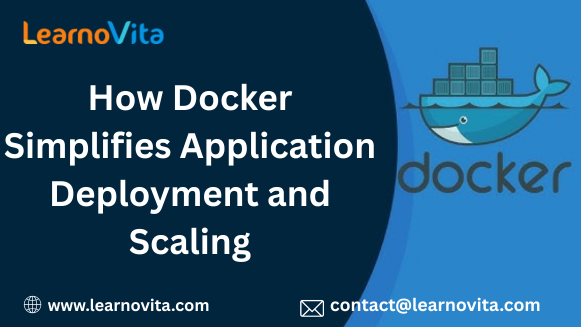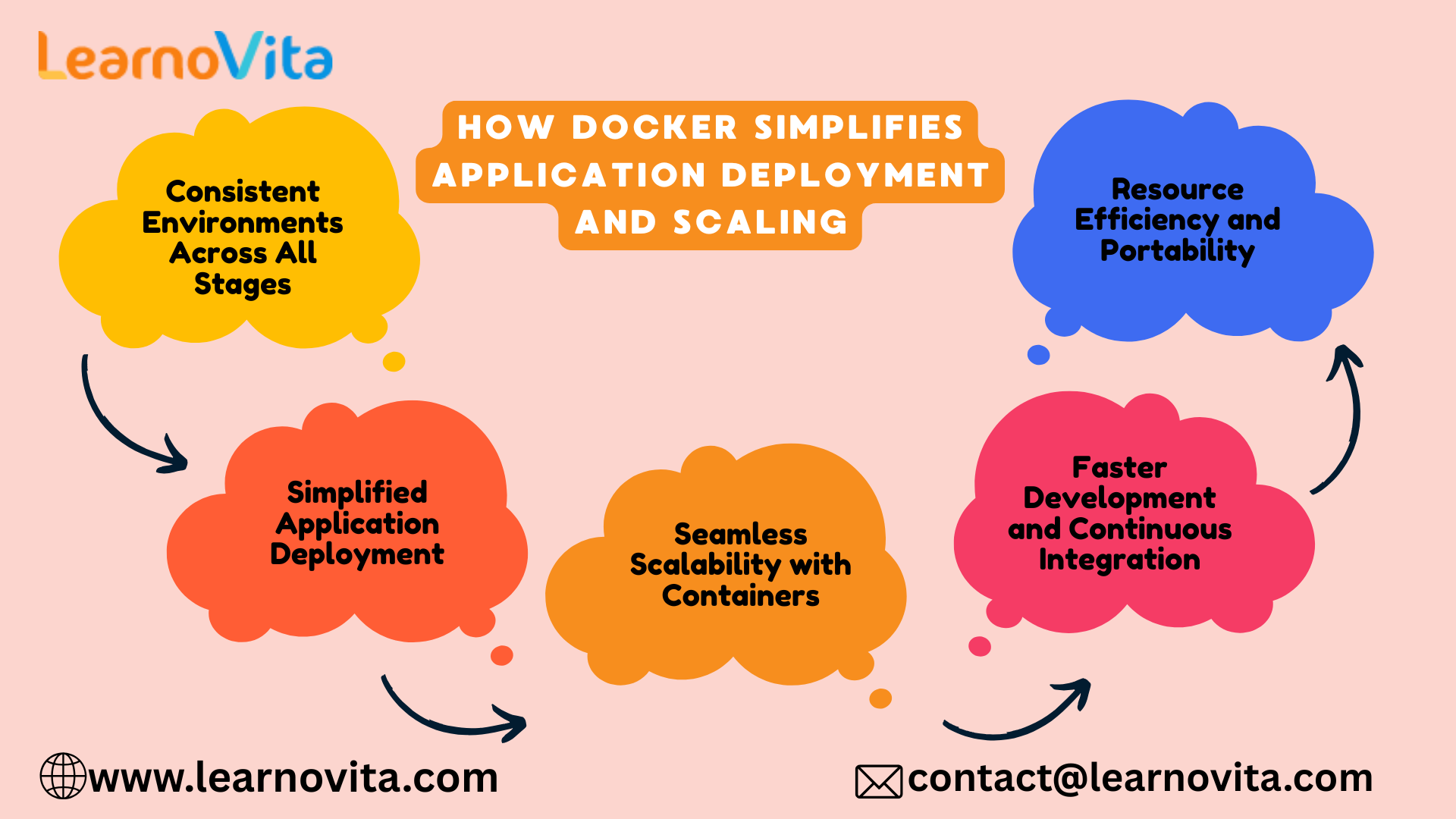Deploy and Scale Smarter: The Docker Advantage for Modern Applications

In today’s software-driven world, organizations need to deploy applications quickly, reliably, and at scale. Traditional deployment methods often involve complex setups, dependency issues, and unpredictable performance when moving from one environment to another. Docker Online Course, a leading containerization technology, eliminates these challenges by packaging applications and their dependencies into lightweight, portable containers. This innovation has revolutionized how teams build, deploy, and scale modern applications.
1. Seamless Consistency Across Environments
A common issue in software development is the “works on my machine” problem applications behaving differently across environments. Docker solves this by encapsulating everything an app needs its code, libraries, and configurations into a single, isolated unit called a container. Whether it runs on a developer’s laptop, a test server, or in the cloud, Docker ensures the application behaves exactly the same way everywhere, guaranteeing consistency and reducing deployment errors.
2. Speed and Efficiency in Deployment
Deploying applications the traditional way often means configuring servers, managing dependencies, and dealing with version conflicts. Docker simplifies this process through Docker images, which serve as blueprints for containers. Once an image is created, it can be deployed repeatedly with just a few commands, saving valuable time. Updates or rollbacks are also easier, as developers can version-control images and quickly push new versions into production.

3. Effortless Scalability
Scaling applications used to require significant manual work or additional infrastructure. Docker changes that. Containers are lightweight and start in seconds, allowing teams to scale applications horizontally with ease. Software Training Institute When paired with orchestration tools like Kubernetes or Docker Swarm, Docker enables auto-scaling automatically adding or removing containers based on demand. This ensures optimal resource usage and consistent performance even during traffic spikes.
4. Enabling DevOps and Continuous Delivery
Docker aligns perfectly with DevOps practices and CI/CD pipelines. It allows developers and operations teams to work within the same environment, improving collaboration and reducing integration issues. Automated pipelines can build, test, and deploy containers seamlessly, ensuring faster and more reliable releases. With Docker, organizations can adopt a truly agile workflow shortening development cycles and increasing deployment frequency.
5. Lightweight, Portable, and Resource-Efficient
Unlike virtual machines that require separate operating systems, Docker containers share the host OS kernel, making them lightweight and efficient. Multiple containers can run on the same hardware without consuming excess resources. Moreover, Docker’s portability means applications can move freely between on-premise systems, data centers, and cloud platforms without modification.
Conclusion
Docker has fundamentally changed the way modern applications are deployed and scaled. By providing consistency, efficiency, and scalability, it empowers organizations to innovate faster and deliver reliable software in any environment. Whether you’re managing small projects or large-scale enterprise systems, Docker simplifies the journey from development to production making deployment and scaling easier than ever before.
- Questions and Answers
- Opinion
- Motivational and Inspiring Story
- Technology
- Live and Let live
- Focus
- Geopolitics
- Military-Arms/Equipment
- الحماية
- Economy
- Beasts of Nations
- Machine Tools-The “Mother Industry”
- Art
- Causes
- Crafts
- Dance
- Drinks
- Film/Movie
- Fitness
- Food
- الألعاب
- Gardening
- Health
- الرئيسية
- Literature
- Music
- Networking
- أخرى
- Party
- Religion
- Shopping
- Sports
- Theater
- Health and Wellness
- News
- Culture

